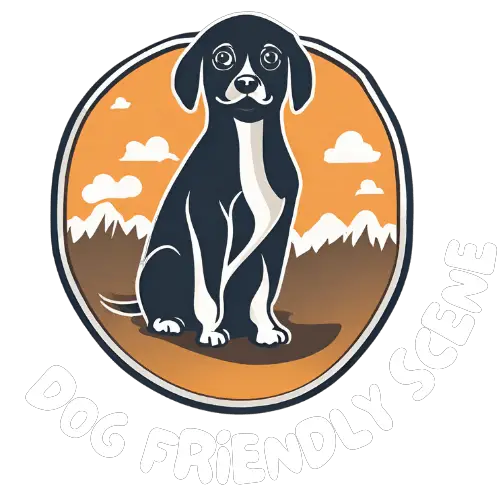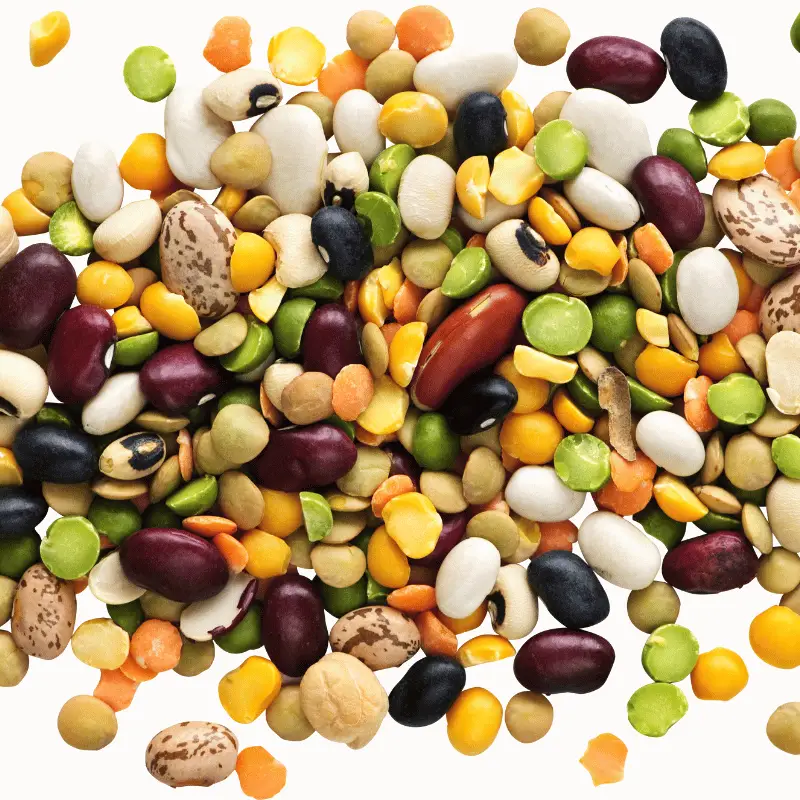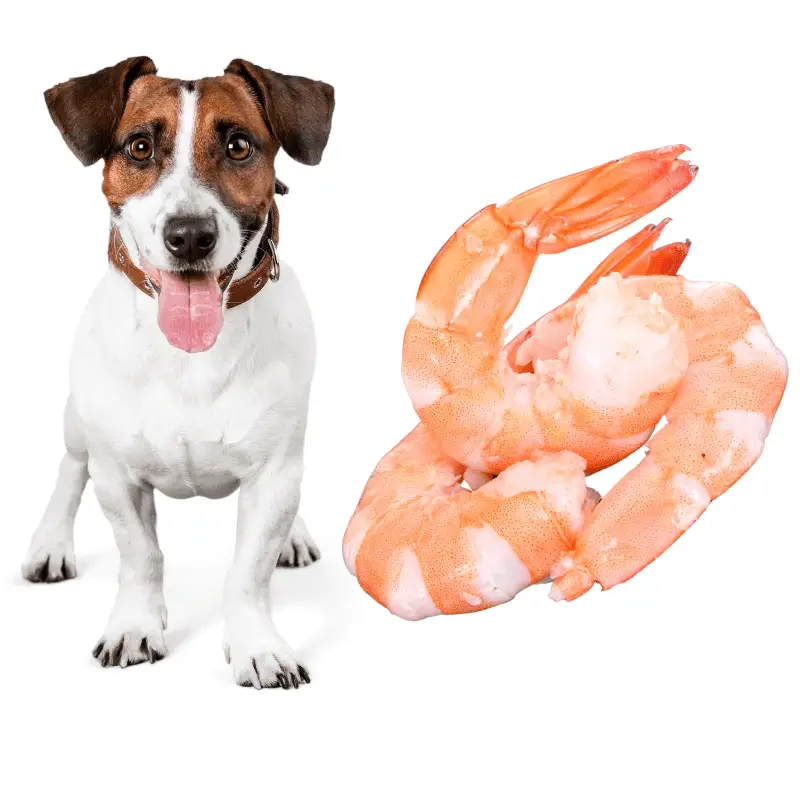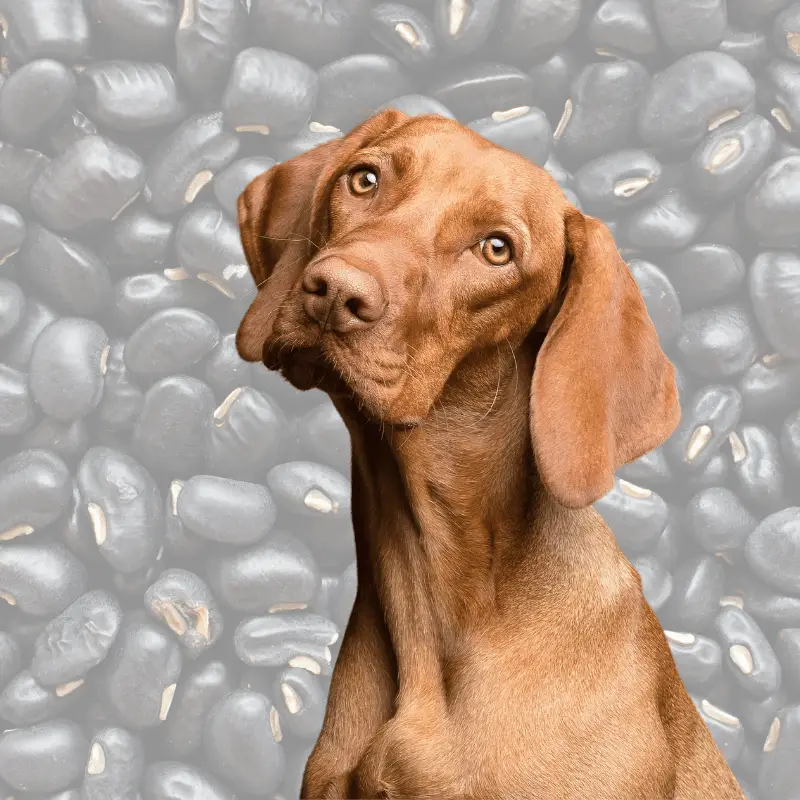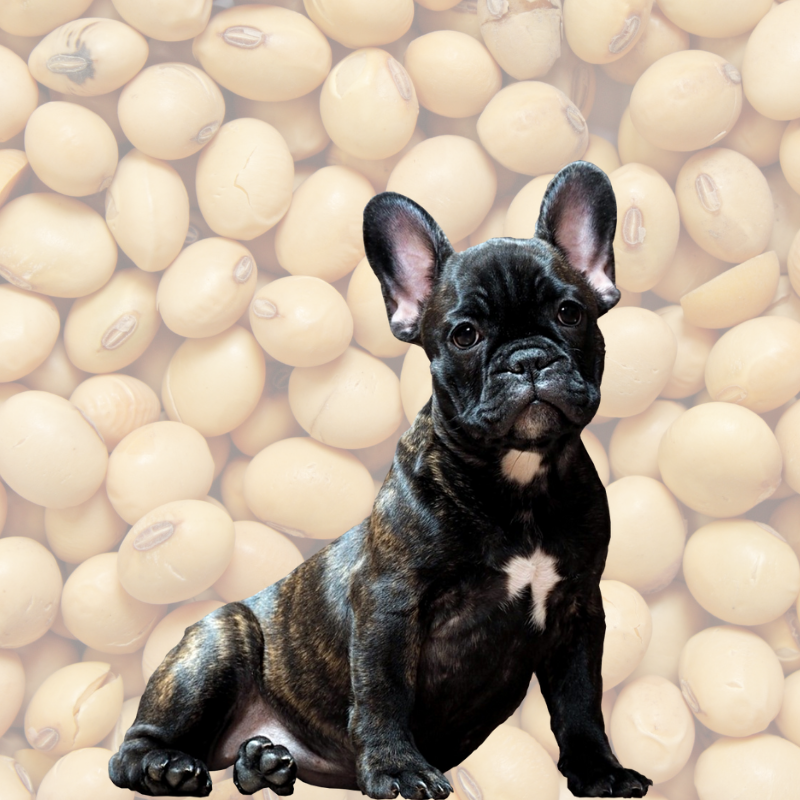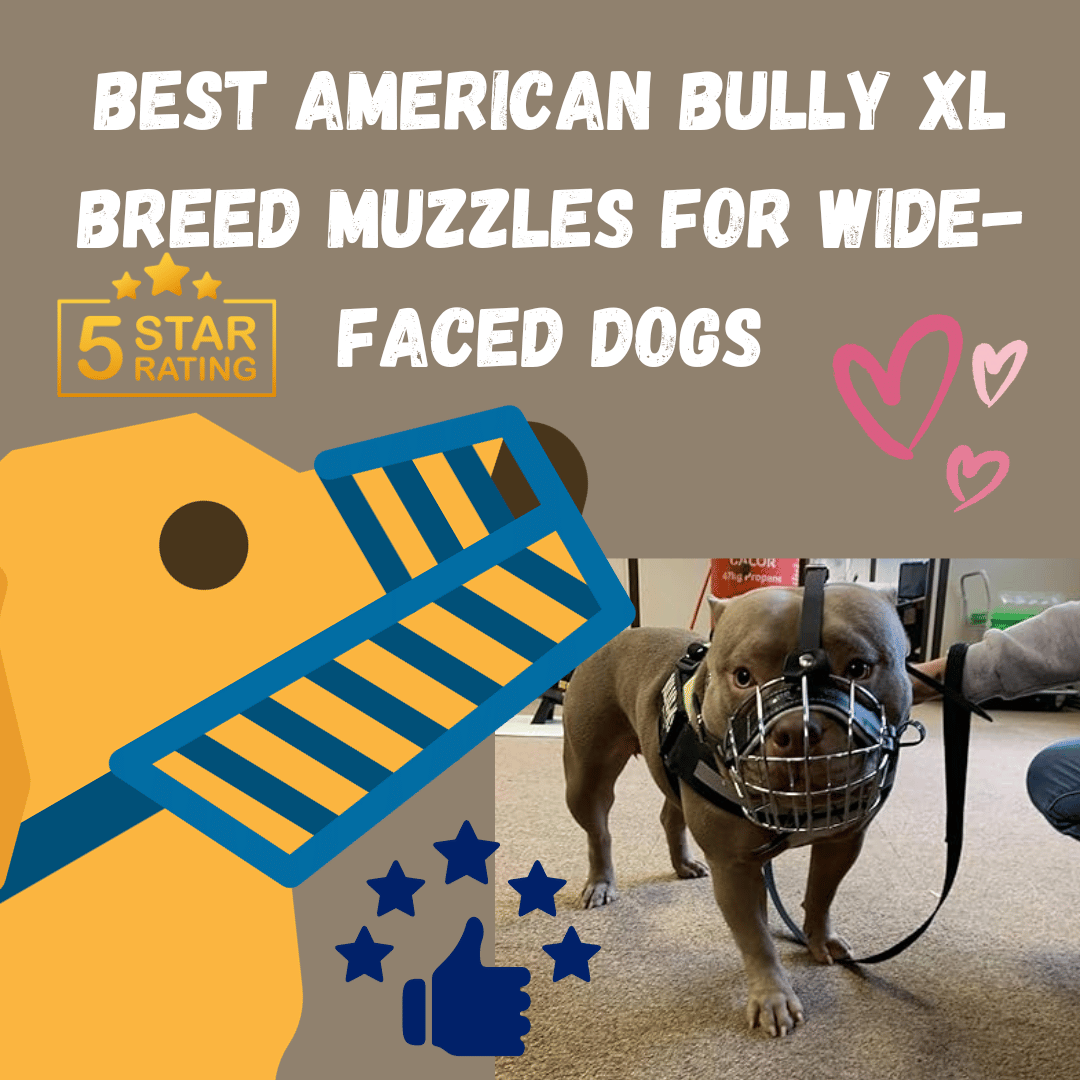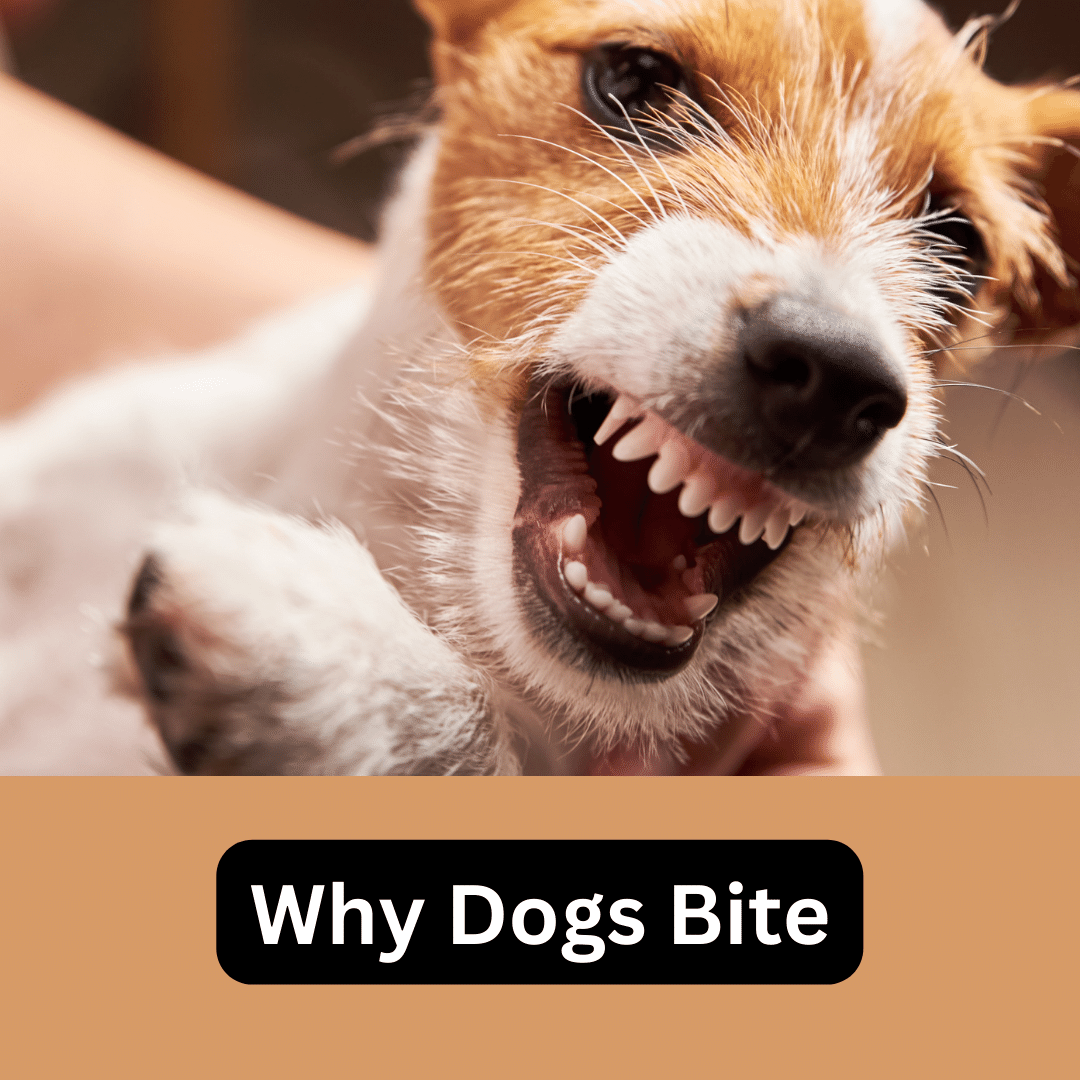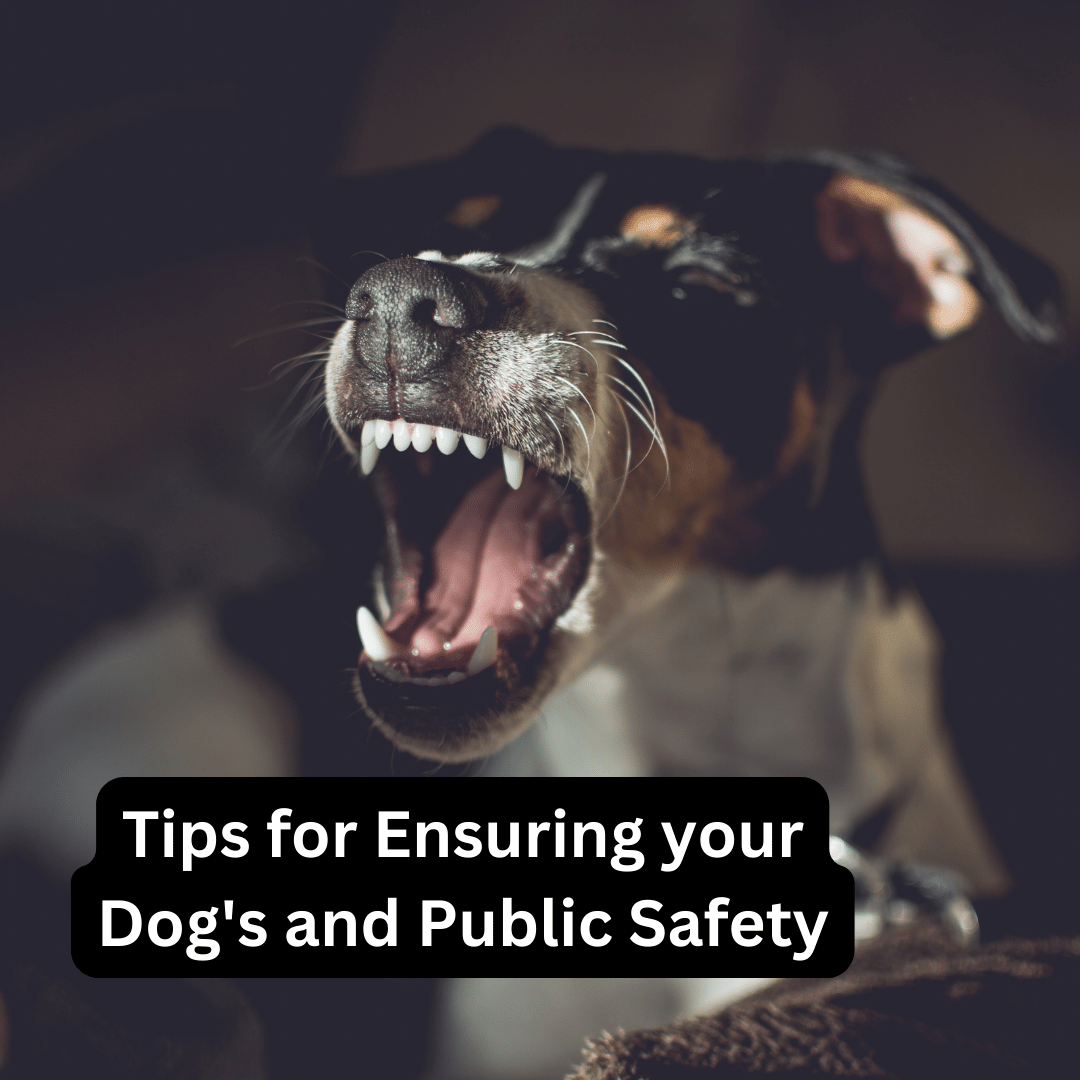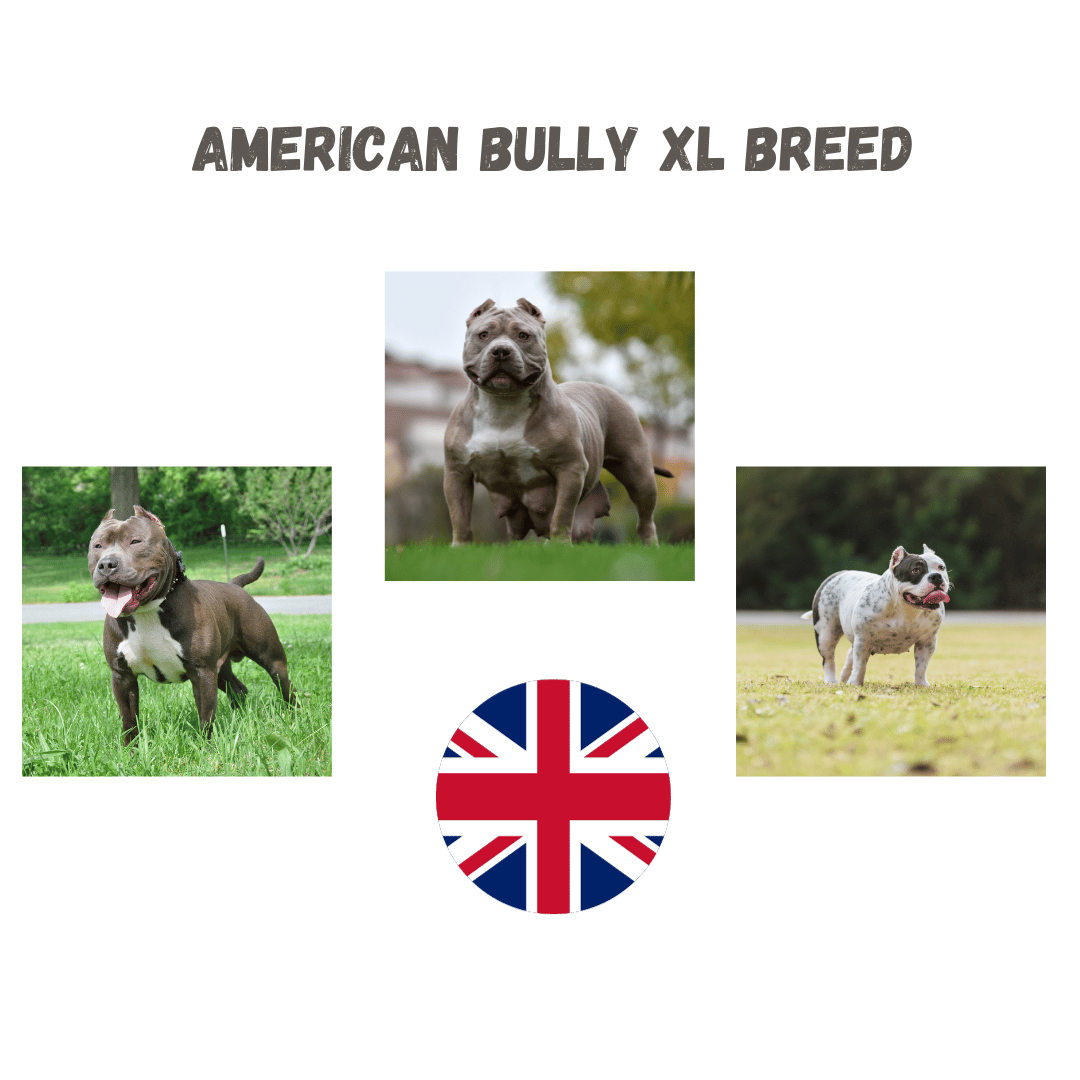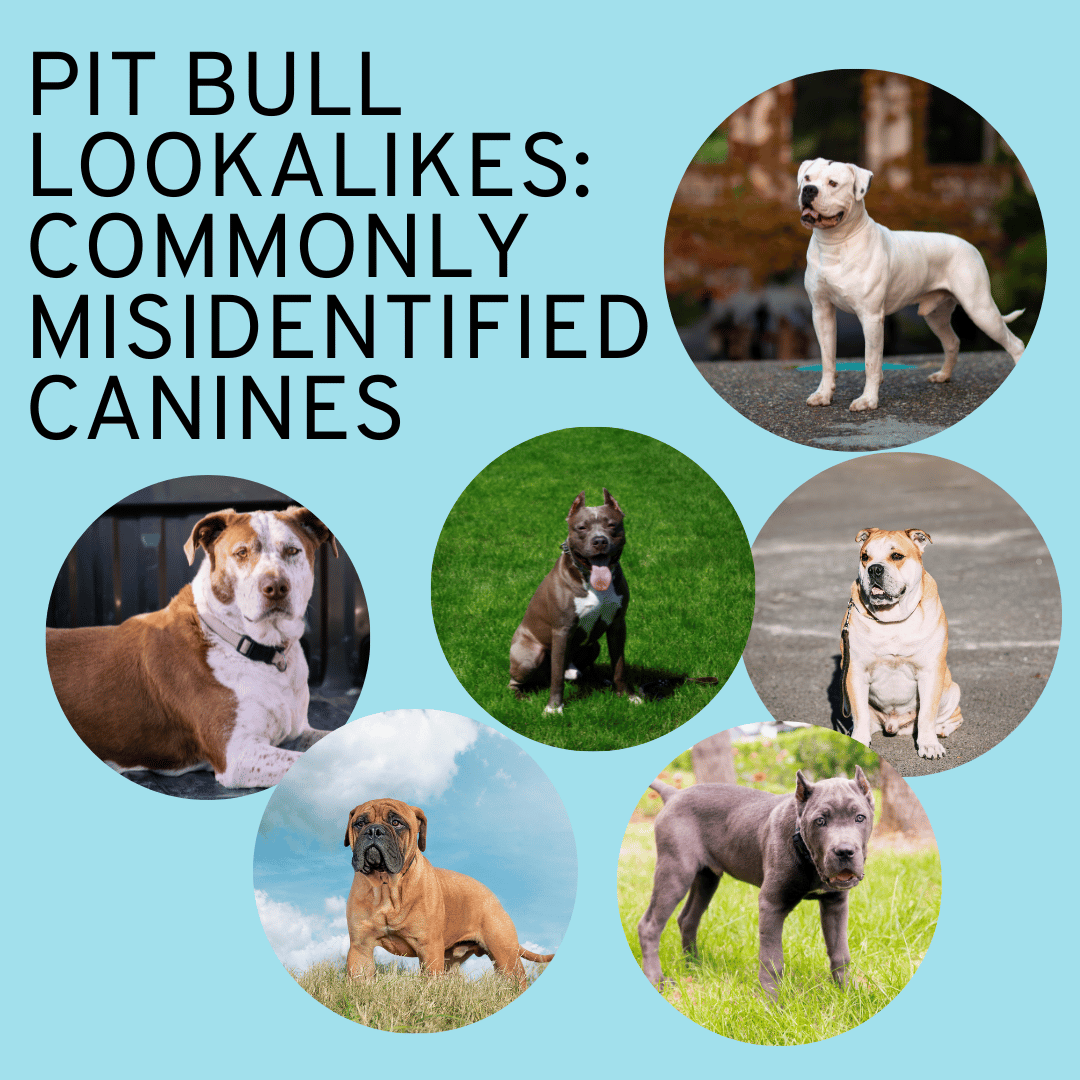- Lentils: Yes, dogs can eat lentils. They are a good source of protein, fibre, and various essential nutrients. However, they should be cooked and served in moderation.
- Peas: Yes, dogs can eat peas. They are a good source of vitamins but should be given in moderation as they can cause digestive upset if given in large amounts.
- Chickpeas: Yes, dogs can eat chickpeas. They are a good source of protein and fibre. However, they should be cooked and served in moderation.
- Soybeans: It’s best to avoid giving soy to dogs. Some dogs may have a hard time digesting soy, and it can also cause allergic reactions in some dogs. However, if there are no allergies to dogs, then these can have some health benefits,
- Black beans: Yes, dogs can eat black beans. They are a good source of protein and fibre. However, they should be cooked and served in moderation.
- Kidney beans: Yes, dogs can eat kidney beans. They are a good source of protein and fibre. However, they should be cooked and served in moderation.
- Pinto beans: Yes, dogs can eat pinto beans. They are a good source of protein and fibre. However, they should be cooked and served in moderation.
- Green beans: Yes, dogs can eat green beans. They are low in calories and high in fibre, making them a good treat for dogs.
- Lima beans: Yes, dogs can eat lima beans. They are a good source of protein and fibre. However, they should be cooked and served in moderation.
- Black-eyed peas: Yes, dogs can eat black-eyed peas. They are a good source of protein and fibre. However, they should be cooked and served in moderation.
- Navy beans: Yes, dogs can eat navy beans. They are a good source of protein and fibre. However, they should be cooked and served in moderation.
- Mung beans: Yes, dogs can eat mung beans. They are a good source of protein and fibre. However, they should be cooked and served in moderation.
- Fava beans: Yes, dogs can eat fava beans. They are a good source of protein and fibre. However, they should be cooked and served in moderation.
- Adzuki beans: Yes, dogs can eat adzuki beans. They are a good source of protein and fibre. However, they should be cooked and served in moderation.
- Split Peas: Yes, dogs can eat split peas. They are a good source of protein and fibre. However, they should be cooked and served in moderation.
- Red Lentils: Yes, dogs can eat red lentils. They are a good source of protein and fibre. However, they should be cooked and served in moderation.
- Cannellini Beans: Yes, dogs can eat cannellini beans. They are a good source of protein and fibre. However, they should be cooked and served in moderation.
- Great Northern Beans: Yes, dogs can eat Great Northern beans. They are a good source of protein and fibre. However, they should be cooked and served in moderation.
- Butter Beans: Yes, dogs can eat butter beans. They are a good source of protein and fibre. However, they should be cooked and served in moderation.
- Edamame: Yes, dogs can eat edamame. They are a good source of protein and fibre. However, they should be cooked and served in moderation.
- Peanuts: Yes, dogs can eat peanuts. However, they should be unsalted and not covered in any flavouring. Also, peanuts should be given in moderation as they are high in fat.
- Alfalfa: Alfalfa sprouts are generally safe for dogs to eat in small amounts. However, they can be a choking hazard and should be chopped up before being given to your dog.
- Lupins: Lupins should not be fed to dogs. They contain alkaloids which can be toxic to dogs.
- Tamarind: It’s best to avoid giving tamarind to dogs. It can cause digestive upset and is not a necessary part of their diet.
Essential Guidelines for Incorporating Legumes into Your Dog’s Diet
As a dog owner, it’s important to remember that while many human foods are safe for dogs to eat, not all are. Some foods can be toxic to dogs, including chocolate, grapes, raisins, onions, garlic, and foods containing the artificial sweetener xylitol.
When introducing new foods into your dog’s diet, always do so gradually to monitor for any adverse reactions or allergies. Even safe foods can cause digestive upset if introduced too quickly or fed in large amounts.
It’s also important to remember that while many legumes are safe for dogs and can be a good source of protein and fibre, they should not make up most of your dog’s diet. Dogs are primarily carnivores and need a diet of animal protein to thrive.
Cooked legumes are generally easier for dogs to digest than raw ones. Never feed your dog raw or undercooked beans or lentils.
Finally, always consult with your vet before making any major changes to your dog’s diet. They can provide guidance based on your dog’s specific health needs and dietary requirements.
Legume Power: Enhancing Your Dog’s Diet with Nutritious Legumes
Incorporating legumes into your dog’s diet can give them additional nutrients and variety. Here are a few ways to do so:
- Cooked legumes: You can cook legumes like lentils, chickpeas, or kidney beans and mix them with your dog’s regular food. Make sure to cook them thoroughly and avoid adding any seasonings or spices.
- Homemade dog treats: You can make homemade dog treats using legume flour, such as chickpea flour or lentil flour. There are various recipes available online that use legume flours as a base.
- Legume-based dog food: Look for commercial dog food that includes legumes as one of the main ingredients. Many high-quality dog food brands offer legume-based options that provide a balanced diet for your furry friend.
- Pureed legumes: You can puree cooked legumes and mix them with your dog’s regular food to add some extra nutrition. This can be especially helpful for dogs with dental issues or those who prefer softer textures.
Conclusion
Remember, while these beans are safe for dogs to eat, they should be introduced slowly and in small amounts to avoid digestive upset. Always consult with your vet before introducing new foods into your dog’s diet.
